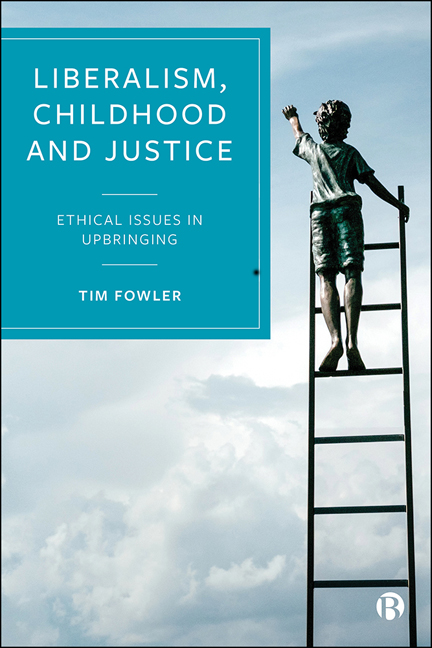2 - What is a Child?
Published online by Cambridge University Press: 25 February 2021
Summary
Before developing a theory of children's justice, it is worth first exploring the question of what it means to be a ‘child’ and why the category of childhood matters. According to the law in most Western countries, to be a child just means to be a young person below the age of about 16 or 18. For the purposes of my theory I will mostly follow this simple age threshold definition. Defining childhood just in terms of age might seem overly simplistic for a philosophical theory, which we might feel should provide a more nuanced account of childhood. One apparent weakness of thinking only about age is revealed by the extent to which ‘the age of adulthood’ varies dramatically in different times and places (Aries, 1962). This societal variation illustrates that whatever features of childhood we take to be special, there will be no clear point at which we can neatly differentiate the category of adults from the category of children.
A more fundamental challenge to a purely age-based definition is that by itself age seems a morally irrelevant distinction. The mere fact that one person is 17 whereas another is 12 or 30 does not seem to tell us anything about their moral status or their interests. Rather, what matters is the physical, mental and social ways that children differ from older people. In a broad sense, differences in capacities are what meaningfully differentiate children from adults. But the problem is that there are no capacities which neatly track a person's age. This is most obviously true when we think about people who are very near in age to one another, but either side of the supposed dividing line. Nothing much changes physically or mentally on the day of one's 16th or 18th birthday, or even in one year. Therefore, the class of ‘children’ becomes highly arbitrary.
While it may be true in the aggregate that young people have less developed cognitive or physical capacities than older people, this is not true in every case. The media is rife with stories of ‘child prodigies’ who are capable of feats well beyond that of most adults. Absent these somewhat anomalous cases, the cognitive capacities, political acumen and intellectual maturity of many teenagers are equal to or greater than those of some adults.
- Type
- Chapter
- Information
- Liberalism, Childhood and JusticeEthical Issues in Upbringing, pp. 9 - 14Publisher: Bristol University PressPrint publication year: 2020



